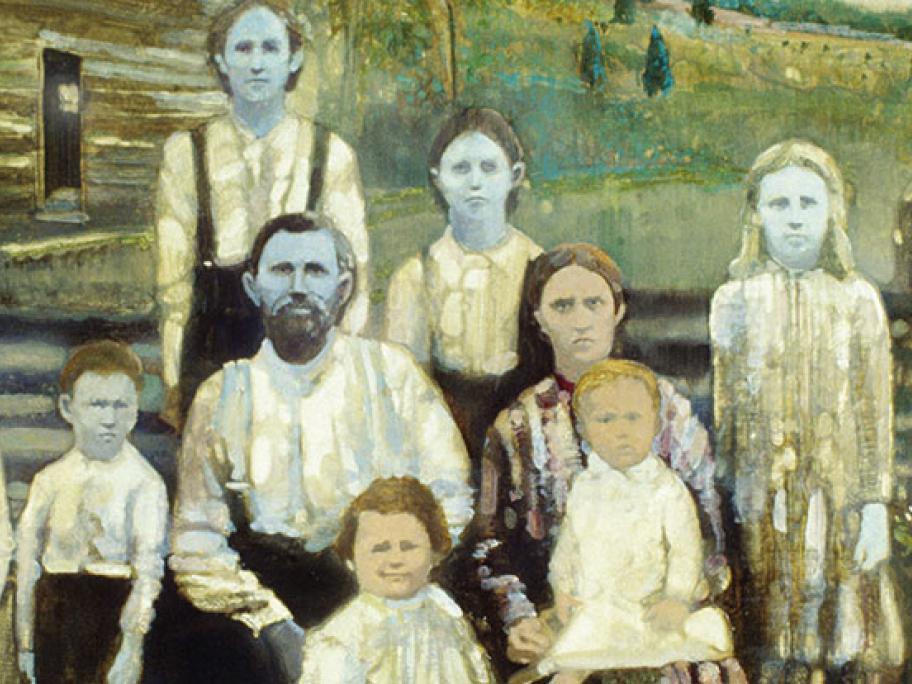The Fugates, the family that lived across the Troublesome Creek
in Kentucky hills had an abnormal condition: their skin looked ‘blue-ish’ in
color. That was due to the genetic disorder that the family had in their cells.
The ‘Fugates’, sometimes also called as the ‘blue combses’ lived in the
mountainside of southside Kentucky.
History
The Fugates – Martin Fugate and Elizabeth Smith got married around
1820. The couple were the carriers of the methemoglobinemia. Out of their seven
children, 4 of them acquired blue skin. Following this, it seemed that many
Fugates were, in default, born with this condition.
According to the research of Dr. E. M. Scott, a public
health doctor, in 1960 came up with the theory that the enzyme diaphorase, if
less in number, will cause the oxygen in blood to reduce turning it brown in
color, instead of the normal, bright red. That’s the reason the skin appears
blue in color.
The conditions of deficiency in diaphorase include purpled
lips, blue skin and chocolate-colored blood. This disorder can be inherited.
What Is Methemoglobinemia?
Methemoglobin is a form of hemoglobin that is present in our
blood. When the mentioned pigment is present in abnormal quantity, the disorder
is termed as ‘methemoglobinemia’. This is a mutant genetic condition that is
passed on to generations if the gene is present in the chromosome.
If the defective gene is present in both the parents, it is passed
on to the next generation. The children become the carrier of the mutant gene.
If the gene is sturdy enough, it will be a constant factor that is inherited by
the future generations.
The normal level of methemoglobin in blood is 1%. If the
level reaches more than 20%, it results in heart abnormalities and can even
cause death in fatal conditions. The people with Blue Fugates disorder
have it in between the range of “1-10%”.
Incidents Faced
Ruth Pendergrass, a Perry County health nurse knew a whole ‘Fugates
family’ in 1948. “They weren’t sick; it’s just the way they look”, informed the
nurse when asked about them.
In 1958, when Luke Combs took his wife to the Kentucky
hospital as she was unwell, the doctors were appalled by his skin color. One of
the physicians, Charles. H Behlen II, stated, “his skin appeared as blue
as Lake Louise”.
John Fugate had a certain condition. He would turn blue only
when the weather is extremely cold or when he took medicine for blood
circulation.
The Last One
According to the reports, Benjamin “Benji” Stacy was the
last person with this disorder. But he too quickly lost the skin color only exhibiting
traces of patch blue on his lips if he was cold. It can be certainly seen that
the condition of exhibiting the disorder can vary from person to person.
Written by – Keerthana Lakshmi










0 Comments